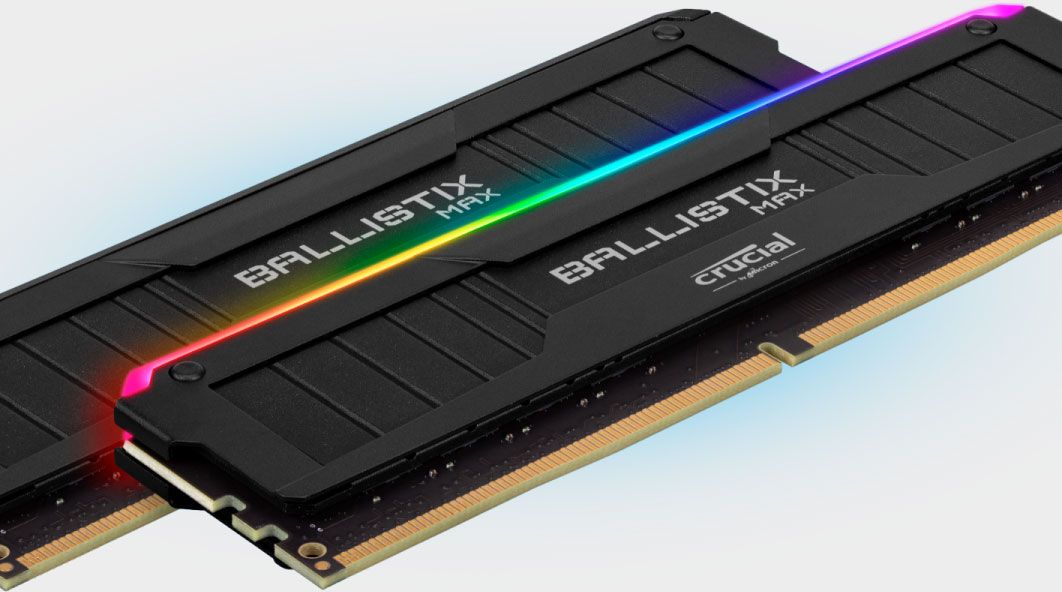Accessibility in games and tech is gradually improving to become more inclusive by allowing more people to experience these things without barriers. 2021, in particular, was a big step forward for marketing accessibility in games, and we even saw a dedicated Video Game Accessibility Awards this year. However, many seemingly basic features fans are crying out for are still not implemented in plenty of games. Still, it’s always refreshing to see more games add features like alternative colour modes, large text, spoken menus, and all sorts of new physical controllers are also starting to become available.
Tech is at its best when it’s lifting people up and balancing playing fields and this AI augmented book made by Intel, Dell, Rolls Royce, and the Motor Neurone disease (MND Association) is a great example of that. The book, which was written by the #1 NYT bestselling author Jill Twiss is titled I Will Always Be Me, and is designed to be read out loud in order to bank the reader’s voice and create a digital version. This gives people who are struggling with talking the ability to preserve their voice for later use, keeping a part of their identity. It’s especially aimed at people who may be losing the ability, giving them a chance to save this unique piece of themselves.
Perfect peripherals
Best gaming mouse: the top rodents for gaming
Best gaming keyboard: your PC’s best friend…
Best gaming headset: don’t ignore in-game audio
Once the voice is recorded it can be processed by a machine learning algorithm into a digital voice, which can then be added to an assistive speech device, allowing someone to talk with something a bit closer to their own voice with these machines. Recording the voice using the I Will Always Be Me digital book is free and you can use whatever device you already own to do so. However, getting that recording turned into a usable digital voice costs £200. Donations from Dell and Intel are going towards helping MND foundations to cover those costs where possible.
You can listen to the story being read by digital voices already banked, accompanied by the textured illustrations by Nicholas Stevenson. It’s designed to be a story that helps the patient explain their condition to loved ones as well as provide personal affirmation to the reader. Listening to the recordings, you can hear the different tones and accents in the voices used, showing how the technology can preserve that piece of someone.
I’ve always loved multiplayer games that give context sensitive voice lines without requiring anyone to speak. Things like the ping system in Apex Legends is particularly useful, but playing online games with friends sometimes does flow better with a little voice chat in the mix. That one friend who’s mic is on the fritz and can’t really join in at the same level as everyone else does miss out on some of the experience, though of course that pales in comparison to losing your voice in real life. This tech looks to give people a chance to get involved with all sorts of conversations again, with a voice that’s familiar and uniquely theirs no matter the situation. I hope we get to see more like it.

